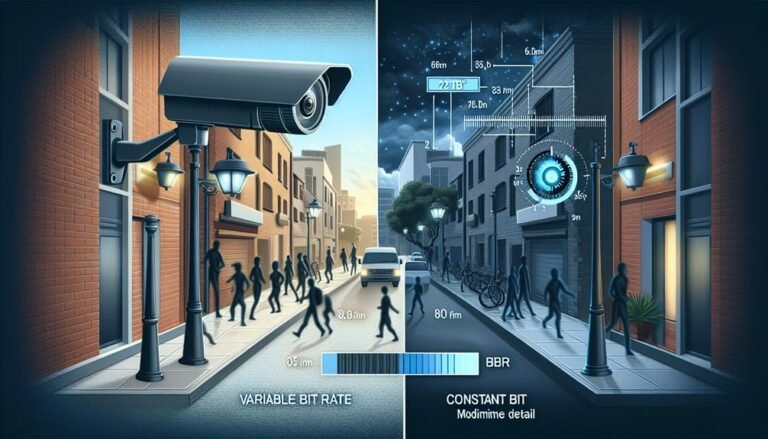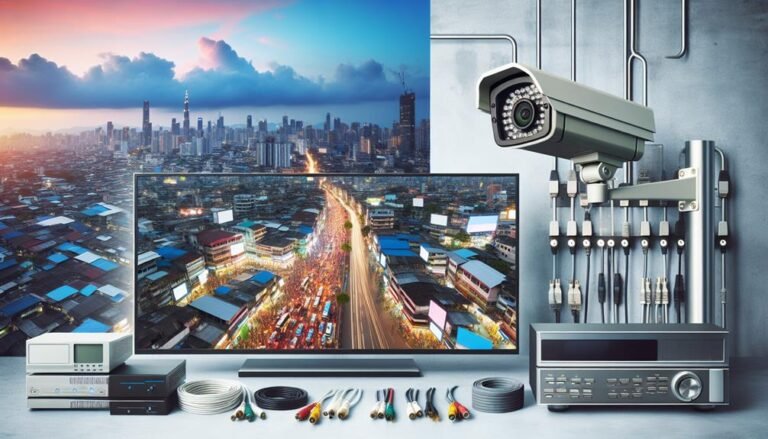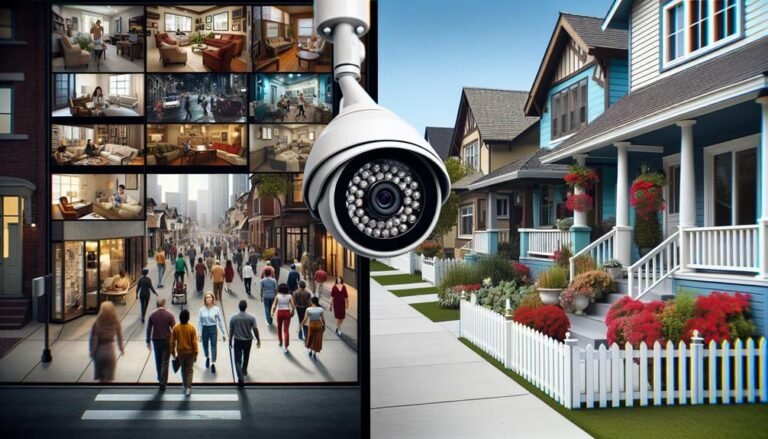VBR Vs CBR : Understand The Ture Facts

Security cameras are essential tools in the modern landscape of surveillance and safety. They play a pivotal role in protecting properties, monitoring activities, and deterring criminal behavior. Their applications span across various environments, including residential areas, businesses, public spaces, and industrial sites, making them integral to comprehensive security systems.
One of the primary functions of security cameras is crime prevention. The mere presence of a security camera can act as a powerful deterrent to potential criminals, reducing the likelihood of theft, vandalism, and other illicit activities. In retail settings, for instance, security cameras help in monitoring customer and employee behavior, preventing shoplifting, and ensuring a safe shopping environment.
Security cameras come in a range of types and designs, each tailored to specific needs. Dome cameras, with their discreet appearance, are ideal for indoor surveillance and can cover a wide area. Bullet cameras, known for their long-range and robust housing, are typically used outdoors to monitor large spaces. PTZ (pan-tilt-zoom) cameras offer versatility by allowing operators to adjust the camera’s angle and zoom in on specific areas, making them suitable for dynamic environments that require flexible monitoring.
Technological advancements have significantly enhanced the capabilities of security cameras. High-definition (HD) and ultra-high-definition (UHD) cameras provide clear and detailed video footage, crucial for identifying individuals and incidents. Features like night vision, thermal imaging, and infrared capabilities ensure effective surveillance in low-light or no-light conditions. Additionally, modern security cameras often come equipped with smart technology, such as motion detection, facial recognition, and integration with artificial intelligence (AI) systems, enabling automated alerts and more efficient monitoring.
Despite their benefits, security cameras also raise concerns regarding privacy and data security. Ensuring that security camera usage complies with legal and ethical standards is crucial. This includes implementing robust data protection measures and clear policies to prevent unauthorized access and misuse of recorded footage.
In conclusion, security cameras are vital components of modern security systems, offering numerous benefits in crime prevention, activity monitoring, and evidence collection. As technology continues to evolve, the capabilities and applications of security cameras are likely to expand, further enhancing their role in safeguarding people and property.


